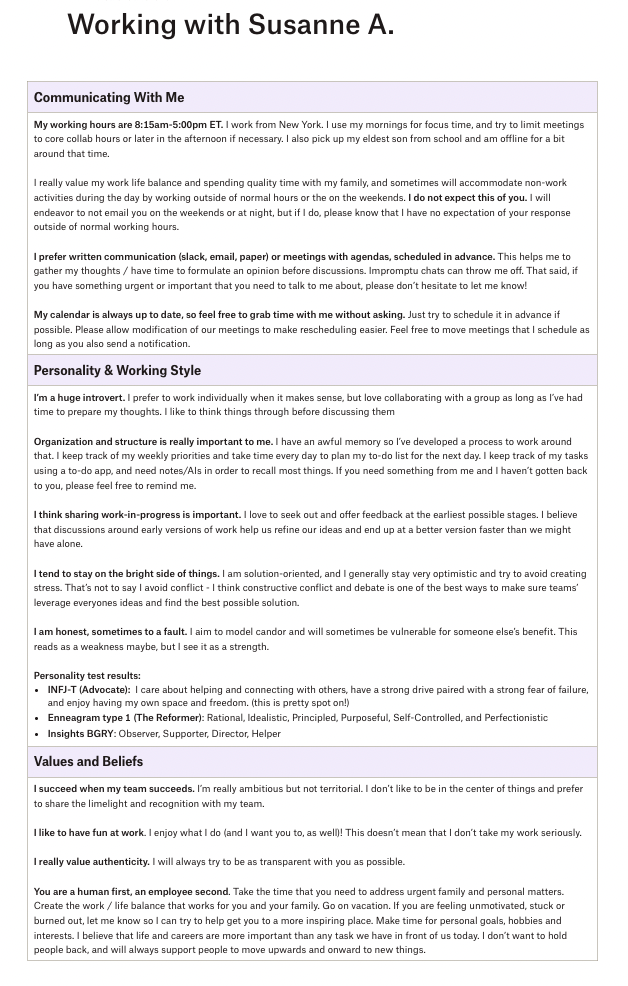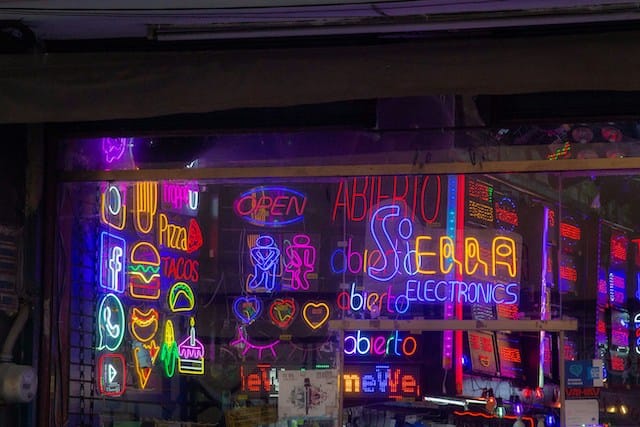Before I get to the actual post, I need to pause.
The world feels like it’s burning right now. It kind of is? War, genocide, climate collapse, rights stripped away… Honestly some days I just want to hibernate and pretend everything is fine. But I know that would be useless, and I already struggle with a sense of futility so massive that I can’t even wrap my arms around it.
So, continuing to post here is kind of a small rebellion for me. A small way to keep doing things that bring me joy. A small way to fight against the voice that says none of it matters.
I don’t really post about politics, but I want to be extremely clear where I stand (❤️ inspired by Alex Maher’s recent LinkedIn post):
The lack of due process by ICE is unconstitutional and inhumane. Legal ≠ moral.
Making immigrant children represent themselves in court is disgusting.
People are always more important than property.
I love and support the peaceful protests happening around our country.
Deploying the National Guard and military to quell peaceful protests is egregious.
LGBTQ+ people deserve to exist safely and authentically
I want every child to have free breakfast and lunch at school. I’d rather my taxes pay for that than a parade to serve one man's ego.
I'm scared to send my children to school because it seems like people care more about access to guns than the safety of our kids.
The deaths on October 7th were horrific and the hostage crisis is ongoing. Acknowledging that doesn’t make you anti-Palestinian. It makes you human.
There is a genocide happening in Gaza. Speaking out about this tragedy does not make you antisemitic. It makes you human.
There’s more to say (always) but for now I’m starting here.
I was browsing Ministry of Testing the other day (only a *tiny* bit embarrassed about the amount of time I spend doing that 🫠) when I came across this article by Maddy Kilsby-McMurray. It talked about how personal user manuals can help neurodiverse folks communicate their work preferences and needs, reducing the need to mask at work without having to disclose diagnosis details.
It reminded me of something we used to do at Dropbox, but for different reasons. Back when I joined, a few folks shared their "working with me" docs and encouraged me to write one, too. It wasn’t required but many senior folks across EPD had them. There was a basic template and some loose guidelines, but folks made them their own. Some included personality test results, others outlined their core values, and many shared about their lives outside work.
At the time, we were treating them mostly as nice-to-have team building tools and a low-pressure way to help teams feel more connected. But reading that article made me realize we'd been thinking about them in a pretty limiting way. We weren't really acknowledging how they could also be tools that help neurodiverse folks show up more authentically at work.
It has echoes of “accessibility benefit’s everyone”, no? When you create space for people to explicitly communicate their work preferences, you're helping neurodiverse teammates AND you're reducing guesswork and friction for the whole team.
I've had a "Working with Susanne" guide since my early Dropbox days. When I was an IC it was pretty straightforward. I wrote things about my preferences for written communication over impromptu chats and private feedback because public feedback (while appreciated!) makes me feel awkward 😅.
When I moved into management, my perspective on how to use this guide shifted. I wanted it to continue to serve as a place to explain how to best work with me, but also how I support my team. The way I communicated my flexible schedule shifted. Instead of "ignore my occasional emails outside work hours", I wrote "I have no expectation of your response outside normal working hours". It was the same boundary, but now I was clearly protecting my team instead of just myself. I also added things like "I succeed when my team succeeds" and "If you're feeling burned out, let me know so I can help" (full disclosure: some of these were lifted from the guides of leaders I looked up to 🤩). These were all things that I also said to my team, but having them written down made me even more accountable for how I actually showed up as a manager.
If you’re curious about creating something like this, I highly recommend checking out Maddy’s "manual of me" article and Manualof.me. And as an additional example here’s my own “working with me” guide.

If you’re worried about this veering into personal territory, try thinking about it from the perspective of "here's how we can all work better together" rather than "here are my special requirements". Starting small is an option, too - you can always expand it later. And if you end up creating one because of this post I'd love to hear how it goes.
